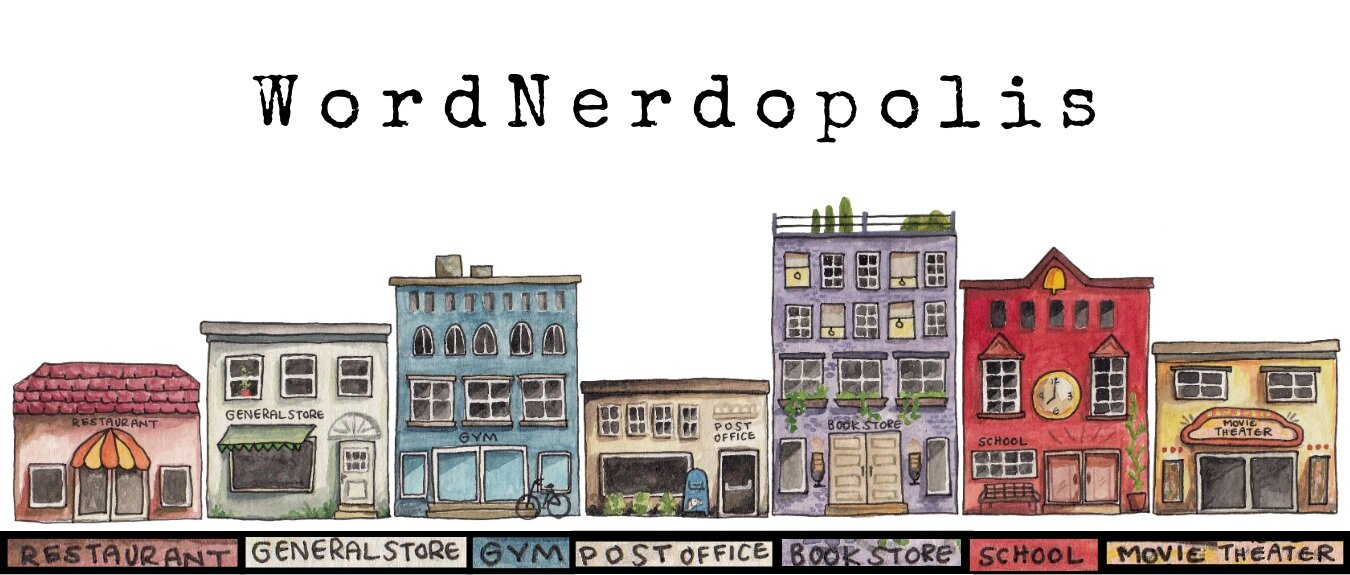From Life to Scene: Transforming Every Day Life into Relatable Characters
How to Write Character Development
Fiction Writing Prompts for Realistic and Relatable Characters
This week I bought each of my sons two new packs of socks. Do you know how I know there’s nothing better than brand new socks? Both my boys, ages 8 and 11, told me, on separate occasions, how much they love them. “They are so soft!” “The bottoms are so thick it felt like I was wearing shoes when I went outside.” (Thus the reason for needing new socks…) It was a simple joy at a bargain price. (Thank you Target Circle!) Something small that made them, even if for a moment, supremely happy.
Why am I telling you this? Because, for me, it is often everyday moments like this that inspire a story scene. An absolute truth (new socks are a wonderful thing and a simple pleasure) that I can use to lead me into a scene. Now, I realize an entire chapter can not be all about new socks, let alone a whole book. But a conversation about it, or a mother’s thought process about her sons’ socks while folding laundry (that resulted in throwing 3 nasty, hole riddled and stained socks away) could be a relatable beginning.
First, let me show you an example, and then I’ll give you some ideas on how to incorporate your everyday moments or simple pleasures into a story scene.
The below scene comes from Champion Chocolatier: Reality Bites (the second in that series). My scene entry point came from real thoughts I had about my own grocery spending habits. Decisions made while shopping aren’t at all relevant to the plot, but it does help me develop the character and give me a way into the real action of the story without having to hit the reader over the head.
P.S. I have the same thoughts about generic peanut butter. JIF, all the way baby.
See how that works?
As you go about your day, be aware and observant about thoughts and situations that seem honest, authentic, relatable and universal. The unwritten rules of school pick up line and fear of a double chin on Zoom meetings are two examples I used in Close Quarters.
Using your real life as fodder will not only make your storytelling authentic, but it will also have your reader nodding as they read and saying, “Yes!” “Amen, sister.” And, “Hell, yeah.” It makes them feel seen, understood, comfortable, happy.
Let’s go back to the socks for a minute. I want you to list out ten items that bring you a smile or that you consider a simple joy. The first sip of a perfectly made coffee, a delivery of fresh flowers, the first day of school, the last day of school, a band new day planner, family movie marathons, outdoor church services, a heavy down-feather comforter, the ambiance of a wood burning fireplace, the smell of my mom’s homemade spaghetti sauce. It can be anything! Now look at your list and find an item or two that could be considered universal. An experience, when boiled down, that can be seen as relatable to your target reader or to humanity as a whole. How can you use that item, moment or emotion to walk yourself (and your reader) into a scene?
Here are a few more examples. I’ve bolded the simple joy or relatable moment so you can easily identify it.
Example #1
Amanda’s children didn’t give the dryer a chance to eat the socks. They killed them before they even made it that far. As she pulled them from the washer she cringed at their filthy appearance. If they looked like this after coming out of the washer, what had they looked like going in? Was the rest of the boys’ laundry dirtier for having shared the same tub of water? She stuck her finger through a hole near in the toe of one sock, sighed and then chucked it in the garbage can. Mentally she added “socks” to her every growing list of items to pick up on her next Target run.
Example #2
As she sat on the front step of her porch tying up her running shoes Mallory could smell grass, charcoal and sunscreen. Summer in the suburbs had officially arrived. And if she needed further confirmation, she received a dozen other signs before she made it to the end of the block. Sidewalk chalk, two teens washing a car, a lemonade stand and her nosy neighbor Linda checking her mailbox for what was likely the third time that day.
Example #3
The theatrical sounds of the movie’s opening scene filtered from the living room into the kitchen. Julia raced to put the popcorn in the bowl and then back to the couch before she missed another note. There was something magical about the beginning moments of a film, the way the music and wide dramatic shots gave you the first real peek inside the world you were about to vicariously enter. She made a mental note that Mason had chosen rock when she’d chosen scissors, and vowed to pick paper next time. He could have just paused the movie like she’d asked, but waiting wasn’t in Mason’s behavior repertoire.
Example #4
Greg didn’t drink coffee, but he loved the smell of it. The aroma of the bitter beans nestled alongside the newspaper he read each morning transported him back to 1989 and his sleepovers at his grandparents’ house. Sure, he could have read his daily dose of news at home in his apartment, instead of walking to the coffee shop, but then he would miss this… the tiny gift he gave himself before the chaos of each day started. He took a deep breath, inhaling the scent, folded his paper, tucked it into his messenger bag and stood. His meeting started in fifteen minutes and being late would do nothing to improve the already complicated situation.
Alright, what have you got?
I’d love to read the items on your list or the scene they inspire. Put your ideas in the comment section below or head to the post office and email me. :)
Happy writing!
If you liked this blog post, you might also enjoy…
Character Vision Boards Writing with the Sense of Smell 8 Character Writing Prompts
This content was made beautiful by Canva.
If you liked what you read on my blog today (or are in search of weekly word nerd goodness) and would like to have it delivered to your inbox every Wednesday morning, you can sign up HERE. As always, feel free to share this post with others you think might be interested via email, Facebook or Pinterest. **







